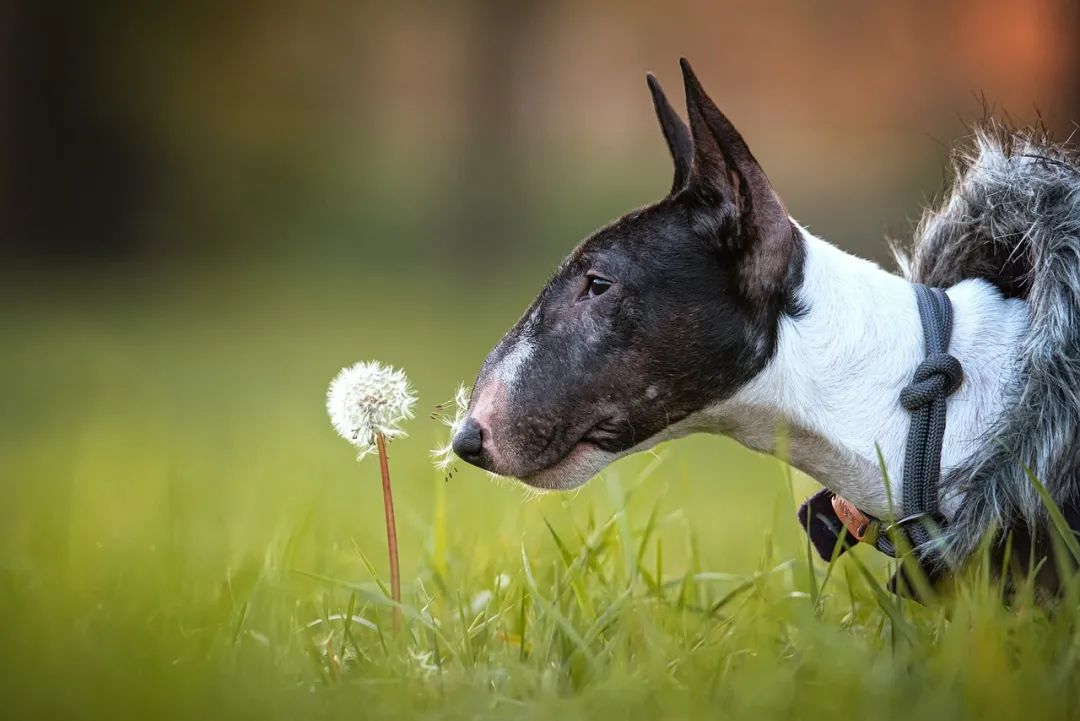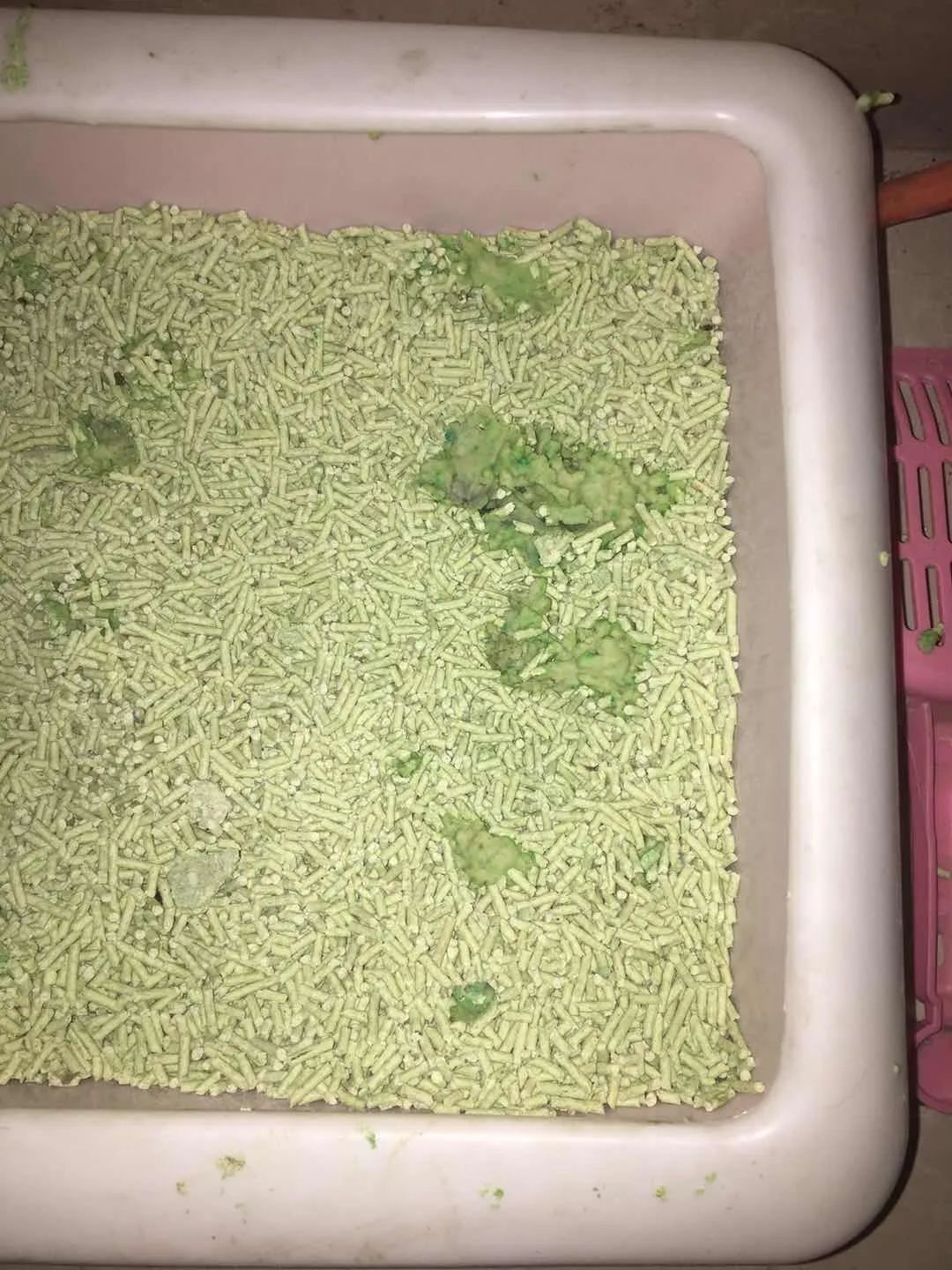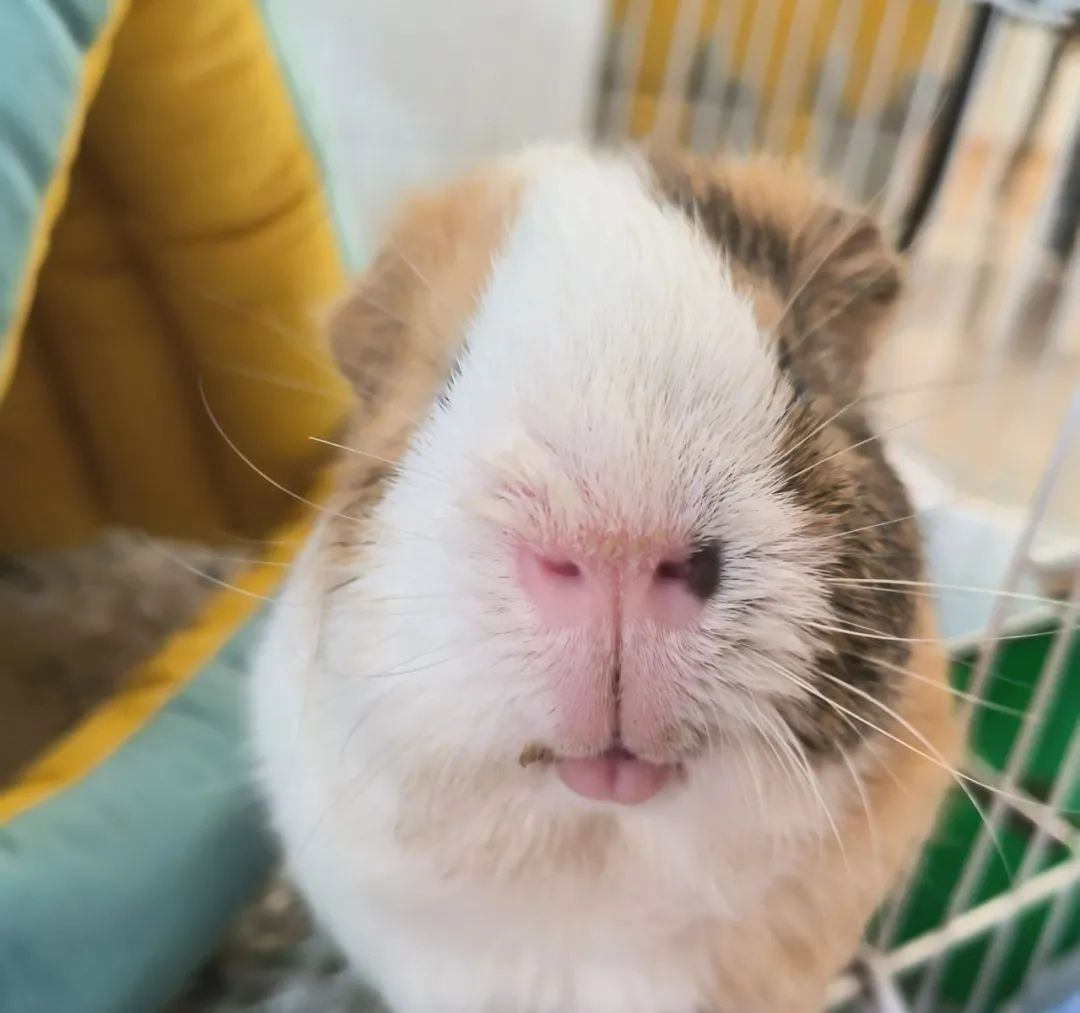Common diseases and preliminary diagnosis of bringing pets home
during the Spring Festival
01. Gastrointestinal diseases in dogs
In the previous article, we discussed what preparations are needed to bring pets home during the Spring Festival? In this issue, we will focus on the diseases that different pets are most prone to during the Spring Festival, as well as how to diagnose and treat these diseases.
Starting from our closest friend dogs, dogs have the strongest adaptability to going home. As long as they are with their pet owners, there are basically no serious illnesses. The most common illness is digestive system diseases caused by overeating. Picking up toxic food can lead to poisoning, overeating can cause pancreatitis, overeating can cause acute gastritis, overeating can cause acute enteritis, and eating foreign objects can cause gastrointestinal injuries.
In fact, if you take your dog back to your hometown, as long as the food you eat is consistent with what you used to eat, you are unlikely to get sick. Most of all, you are afraid that parents or relatives and friends will give your dog food at random to cause digestive diseases in your hometown because of holidays. Dogs should never eat seafood as it can easily lead to kidney failure; Dogs should not eat pork as it can easily lead to pancreatitis; Dogs are not recommended to eat bones, especially poultry bones, as they can easily scratch the gastrointestinal tract and cause internal bleeding; Dogs are not recommended to eat human stir fried dishes, seasonings, etc., which can easily lead to dog poisoning;
If a dog eats food that cannot be determined but feels it should not be eaten, do not rush to use hydrogen peroxide, as it can easily lead to more severe esophageal and gastric corrosion. You can first feed a large amount of milk or soapy water, which can help induce vomiting and diarrhea, and reduce absorption as soon as possible. Pay attention to the dog’s appetite, body temperature, and whether there is diarrhea during each bowel movement every day? Is the color of stool messy? Are there any foods that are not self fed? Is there vomiting?
If the dog vomits more than twice, immediately stop drinking water for at least 24 hours; If a dog is found to have diarrhea more than twice, immediately stop eating for 48 hours; To determine the severity of diarrhea, one can use montmorillonite powder according to body weight to stop diarrhea, use metronidazole file to reduce inflammation, use gastroparesis to stop vomiting, recall past exposure to what caused diarrhea and vomiting, and then further medication treatment. If vomiting and watery diarrhea occur frequently, immediate intravenous hydration is necessary to avoid dehydration. If there is vomiting and blood in the stool, special care should be taken and a doctor should be contacted immediately.
02. Spontaneous cystitis in cats
In the previous article, we mentioned that when taking cats back to their hometown, we need to be careful of their stress reaction. Cats’ stress can be roughly divided into two types. The first type is normal caution and timidity. When they have just changed their environment, they will hide in dark places such as under the bed, sofa, or cabinet. If others cannot see them, it will give them a greater sense of security and make it easier for them to recover; The second type is a true stress response, where cats may experience a decrease in appetite and water intake, leading to dry stools, constipation, difficulty excreting, and even intestinal blockages.
The most severe manifestation of stress in cats may occur in urination, with reduced urine output, increased frequency of urination, difficulty urinating, and even hematuria, all of which are manifestations of spontaneous cystitis in cats. This is a very terrible disease. Once a cat falls ill for the first time, it is impossible for it to fully recover for life. We can only use medication to control the symptoms, but in the future, when there is high pressure or certain stimuli, it may recur at any time.
Spontaneous cystitis in cats initially manifests as restlessness and restlessness. They may urinate everywhere in the house, with very little urine each time and occasional blood streaks in the urine. They may urinate more than 5 times a day, frequently enter and exit the cat’s restroom but cannot urinate, and sometimes even vomit. When cats show these symptoms, pet owners need to pay attention to whether they have cystitis. They can go to the hospital for an ultrasound to confirm. One hour before the ultrasound, they can be given a large amount of water. They can also take antibiotics such as amoxicillin, clavulanate potassium, or cephalosporin according to their body weight, and take diuretics to help with urination. It is also recommended to eat some cat emotional stabilization nutrition products, such as the French Lantes pet Shiyi, and insert the Feliwei Fairmont odorant to calm their emotions. Most of them can recover their health within a few days.
03. Guinea pig cold and bloating
The guinea pigs must be the most afraid of being taken back to their hometown. They are more timid pets than cats, and the pressure, tension, fear brought by the road, as well as the environmental changes after arriving at the new home may lead to their resistance being reduced. Later, they may have respiratory tract infections such as colds, and gastrointestinal diseases such as flatulence, congestion, constipation, etc. may also occur due to pressure in 2-5 days.
In the early stages of a common cold in guinea pigs, they may experience frequent sneezing, runny nose, which may be clear, white, yellow green, and red. Clear snot is usually cold or irritating, with yellow green indicating bacterial infection and red indicating pneumonia. There may be pus and tears around the eyes, and they may feel lethargic, unwilling to move around, and have a high respiratory rate. If most of these symptoms occur, consider whether to take antibiotics. Guinea pig cold medicine does not include Houttuynia cordata or Ganmaoling, which may worsen the disease and even cause death in guinea pigs.
Another more serious condition than a cold is gastrointestinal diseases, such as diarrhea or bloating, and gastrointestinal stasis. Pet owners need to count the amount of feces they defecate every day, and when cleaning up their feces, they should take photos together to keep a record. Guinea pigs should have more than 100 particles of feces per day. If the number of particles is less than 60 per day, it is suspected to be due to gastrointestinal congestion or bloating. Good stool should have a uniform and elongated color, with both ends as round as possible and a small amount of one end slightly pointed. Bad stool is short, hard and small, with a droplet like tip and a messy color; If there are symptoms of gastrointestinal diseases, it is necessary to stop all snacks and vegetables except for grass and vitamin C supplementation, and then choose drugs that promote gastrointestinal peristalsis, exhaust drugs, and painkillers according to the severity, combined with the correct massage method, to help with recovery.
Probiotics for guinea pigs can help them get through the period of stress and intestinal bacterial imbalance. Therefore, if you plan to change your living environment with guinea pigs, you can start eating probiotics every day 3 days in advance.
Post time: Feb-06-2025







